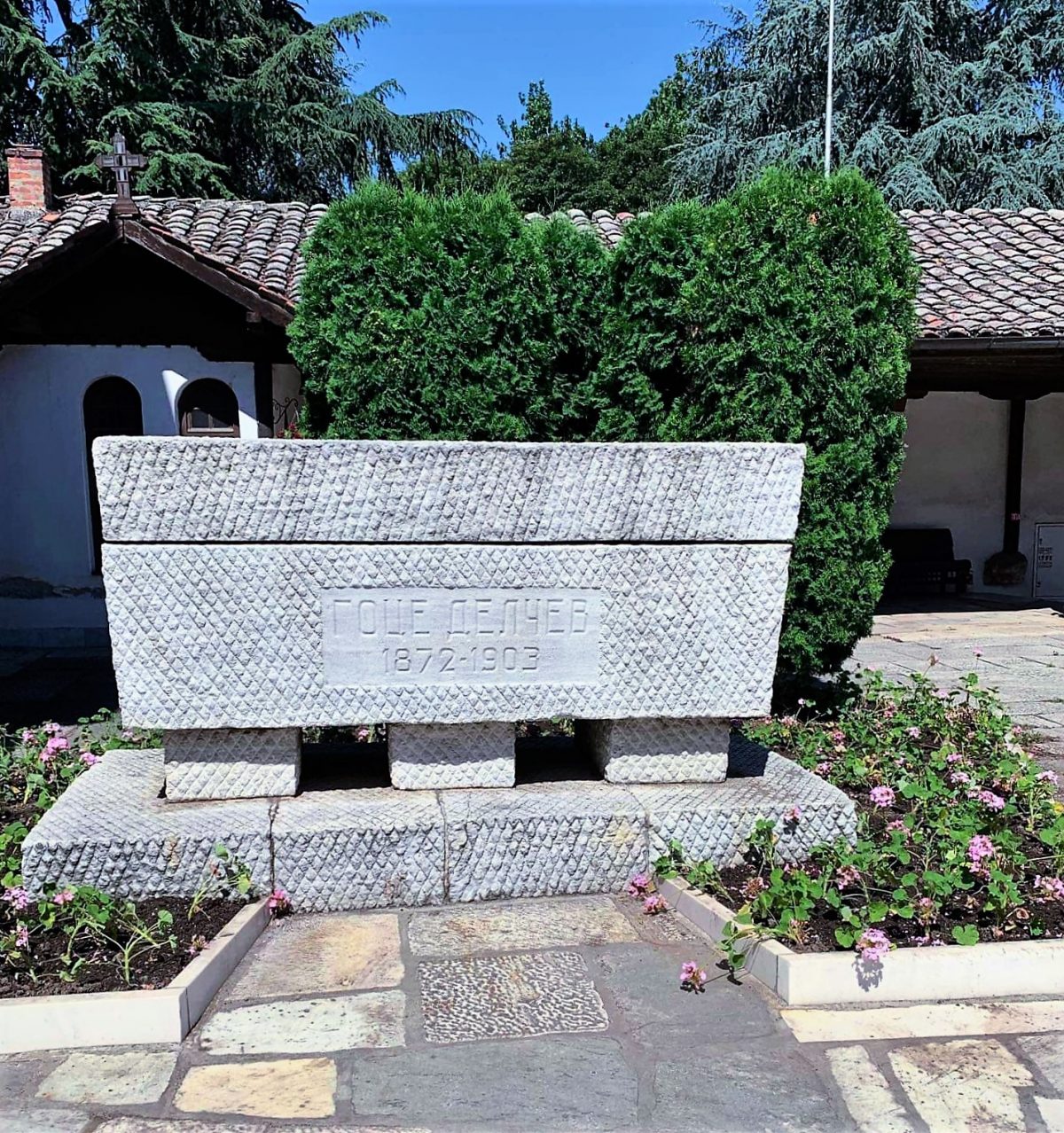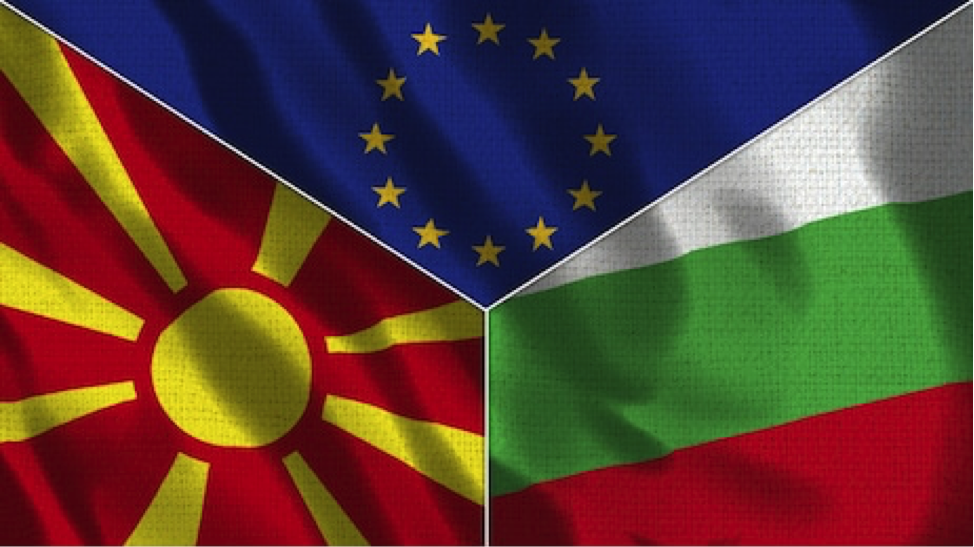The small landlocked nation at the heart of the Balkans recently made the transition from ‘the country formally known as’ to the ‘the country which shall not be named.’ One can now watch politicians and diplomats bend over backwards trying to avoid Freudian slips during speeches. Or releasing carefully crafted, emoji-filled, tweets, to avoid having to say the peoples’ chosen name for their country: Macedonia.
Despite what many internet debates and news headlines might have you believe, the Macedonian Issue, as it stands today, is not a 3000-year-old unresolvable historical debate. That debate may very well exist for the historians to have, but that debate has no business being the concern of politicians, or historians forced to work under the demands, and influence, of political treaties – such as the Friendship Treaty between Macedonia and Bulgaria, and previously the Prespa Agreement with Greece. The Macedonian Issue is a geopolitical issue, it should have never been characterised as a debate in the first place. Certain things are not up for negotiation, self-determination and human rights being at the forefront of that list. Yet, it is precisely these issues that are being debated in Europe today.
Recently Bulgaria threatened to block Macedonia’s EU accession talks (set to begin in December) over the fact that Macedonians regard leading revolutionary figure, Goce Delcev, as a Macedonian national hero. Bulgaria’s Deputy Prime Minister, Krasimir Karakachanov, declared that he found Macedonia’s treaty mandated cooperation, on the Joint History Commission, unsatisfactory. That declaration is among the tamer of things Karakachanov, and his far-right, ultra-nationalist party colleagues, have said. According to the Bulgarian government’s stance, the Macedonian identity, culture, and language were engineered under Yugoslavia, as an evil ploy by Josip Broz Tito to brainwash the Macedonian populace into thinking they were something other than Bulgarian. This claim is beyond laughable and is undeserving of a response; because there is no way of answering the accusation, without simultaneously entertaining the attack on self-determination that underlies it.
In a world where conflicts brew at the feet of dethroned statues because one man’s hero is another man’s oppressor, Macedonia’s friendly neighbour is playing a different game altogether. According to the Bulgarian political narrative, one man’s hero can only be one man’s hero, and so the Bulgarian and Macedonian people must be one of the same, thus it being impossible for the former to have once oppressed the later. Assimilation policies of the 21st century.
This is not about who can celebrate Goce Delcev, both nations can if they so please. This is about the fact that right now, and not in the foggy pages of history, there exist a people with a collective national consciousness, peacefully exercising their basic rights to self-determination and governance, as Macedonians. The reality of this cannot be debated by any self-respecting advocate and believer in human rights. Yet, this is a reality which Macedonia’s neighbours cannot come to terms with; instead, unreasonably demanding that their neighbouring people justify, and explain their national consciousness. As a result, a people which lost over 7000 of their fellow Jewish Macedonians, during WW2, are forced into the Orwellian nightmare, which is the ‘Joint History Commission’, with the very country responsible for that holocaust. But let us not speak of ‘fascist occupation’, because according to the declaration adopted by the Bulgarian Parliament, last year, Macedonia must stop using the term ‘fascist occupation’ in reference to Bulgaria, and remove such mention from its World War 2 memorials and documentation… apparently, the irony of this was missed in Parliament. By denying the Macedonians their unique and independent national consciousness, Bulgaria is seeking to absolve itself of liability as past occupier and oppressor, whilst becoming a modern-day oppressive gatekeeper, of a country desperate for European integration and collaboration.
So why is Bulgaria doing this? Outside of good old imperialism, and an attempted cover-up of its fascist past, the current political scene in Bulgaria is chaotic. There have been claims that the resurgence of the Macedonian Issue is a PR stunt by the Boyko Borisov government, to distract from the countrywide, anti-corruption and anti-government, protests. Either way, it is Bulgaria’s lack of European values, integration, and collaboration, as an EU member state, which is standing in the way of Macedonia’s EU accession – the real Macedonian Issue.
Any opinions or views expressed in articles or other pieces appearing in UMD Voice are those of the author alone and are not necessarily those of the United Macedonian Diaspora and its young leaders’ program Generation M; the appearance of any such opinions or views in UMD Voice is not and should not be considered to be an endorsement by or approval of the same by UMD and Generation M.


